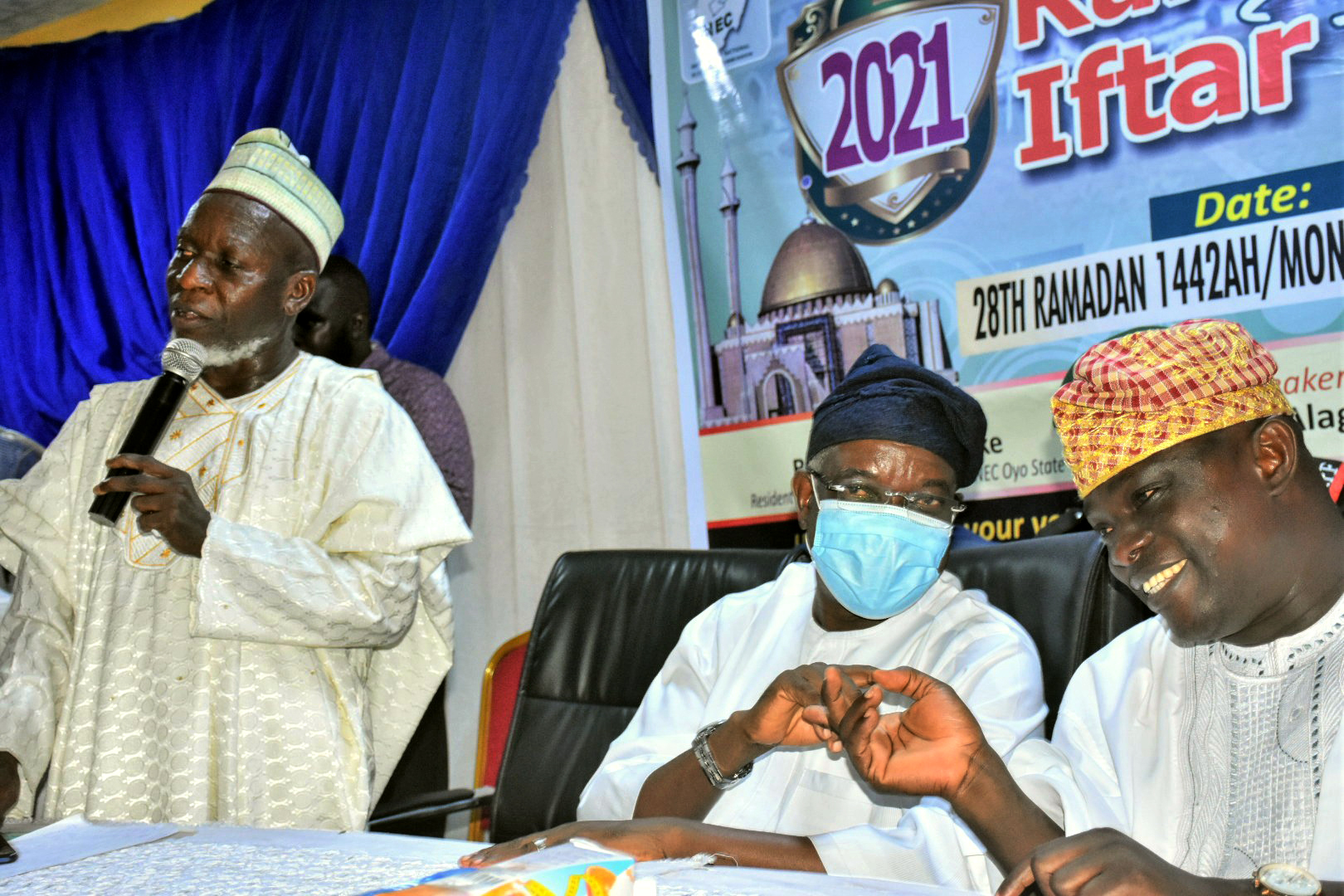Niger Delta
INEC Creates 998 New Polling Units In C’River

The Independent National Electoral Commission (INEC) has created additional 998 polling units to be added to the existing 2,283 in Cross River state.
The commission said the executive was determined at solving the challenge of overcrowded voters in polling units and minimizing the problem of voters trekking long distances to cast their votes.
The Resident Electoral Commission for the state, Dr Emmanuel Alex Hart, made this known in Calabar, Monday, during a stakeholders’ forum on expansion of voter access to polling unit.
“The Commission’s physical assessment of polling inits in the country in 2014 was able to expose the challenges faced by voters in many polling units nation-wide.
“It was observed that most polling units exceeded the designated figure of 500 voters, resulting in long queues, wrangling, violence and other electoral offences that were committed at the polling units during elections.
“By the grace of God, the 1,527,058 registered voters in the State and new registrants will have decongested polling units in the forthcoming elections.
“Cross Riverians will not only experience short queues but will have improved health and safety environment in compliance with COVID 19 protocols,” he stated.
The REC further explained that INEC approved location of polling units only in public places/building, and that private residences, religious centres, royal palaces, political party buildings and shrines were not allowed to be used as polling units.
Hart disclosed that Continuous Voter Registration (CVR) exercise would commence from June 28, 2021, for those who are 18 years and above as at 2021 as well as those in transfer would be duly registered, and therefore solicited for cooperation of all stakeholders in the electoral processes.
By: Friday Nwagbara, Calabar
Niger Delta
Oborevwori Launches Medical Outreach For Children With Special Needs

Niger Delta
UniCal Commits To Nursing Education Dev In C’River

Niger Delta
Agency Demolishes Illegal Roadside Structures In Delta N8 by … Clears Street Traders


